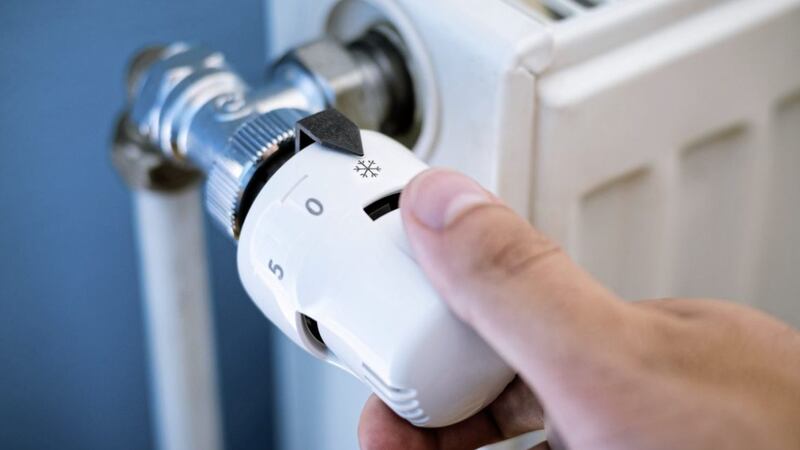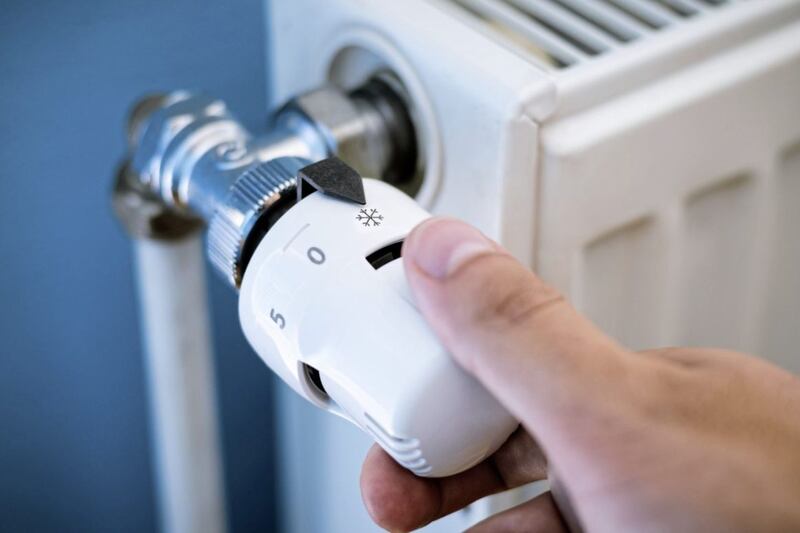THIS year, every regulated energy company in Northern Ireland put up their prices, with further increases expected.
This comes at a time when many households are struggling to meet their energy needs, with low income groups most at risk.
Global energy prices have climbed sharply. Northern Ireland imports nearly all its home heating oil, petrol and natural gas, and this is impacting our consumers.
The Consumer Council weekly energy price monitor shows petrol rising by around 20p per litre and home heating oil increasing by over 50 per cent. When winter gas prices are announced, rising wholesale prices means rising consumer bills.
It’s hard to conceive a worse time for rising prices, with higher inflation and grocery costs, and the end to the furlough scheme and the weekly £20 Universal Credit uplift. Northern Ireland households have £101 less weekly discretionary income, higher debt and more have with no cash savings, than the UK average.
Half our domestic electricity and gas customers use pre-payment meters and while these prevent debt, they risk consumers going without heat if they cannot afford to top-up.
Local energy companies cannot be held accountable for global prices, driven by geo-politics and production constraints. Each company we work with purchases energy months ahead to achieve most favourable prices. Some strategies provide better mitigations than others so we encourage consumers to shop around, where available. This is difficult with such widespread price increases.
The Consumer Council tirelessly campaigns for better consumer protections with energy companies. Working with the Utility Regulator, we assess companies’ vulnerable customer practices, service standards, and approach to customer debt.
Many are recognising fuel poverty is a growing problem, but all companies must be more transparent and proactive in their communication. Customers must understand why price rises happen, and what help is available.
I would also encourage any company without a strategy for supporting vulnerable customers, to implement one.
Focus on climate change will intensify. The Consumer Council is unambiguous in its view that achieving net zero greenhouse gas emissions is essential for long-term consumer protection.
We all must change our behaviour, including how we travel, heat our homes, and our diets. Change cannot be demanded without first providing support, information and incentive to consumers. Consumers play an essential role, therefore empowering individuals and mobilizing communities to actively embrace Northern Ireland’s energy transition is critical.
Political ambition must work alongside effective policies and regulation for energy, transport, housing, planning and poverty. The Northern Ireland Energy Strategy 2050 proposes to increase energy efficiency in homes, manage energy demand, and phase out fossil fuels by increasing the renewable energy we produce. If achieved, this reduces the impact of global energy price fluctuations on consumers here.
In the short term, the Consumer Council continues to work with policy makers and energy companies to develop new initiatives to assist consumers in fuel poverty and vulnerable situations, including scoping a Northern Ireland Fuel Bank in the hope that a permanent initiative of this type can provide assistance to households in fuel crisis.
The increase in prices brings into sharp focus the need to inform, support and protect energy consumers. These measures will help consumers through the major disruption that will result from the transition to net zero, and ensure Northern Ireland’s energy transition journey is truly citizen-centric.
Anyone struggling with energy bills should contact their supplier, or the Consumer Council on 0800 121 6022, for assistance.
Noyona Chundur is chief executive of The Consumer Council.



